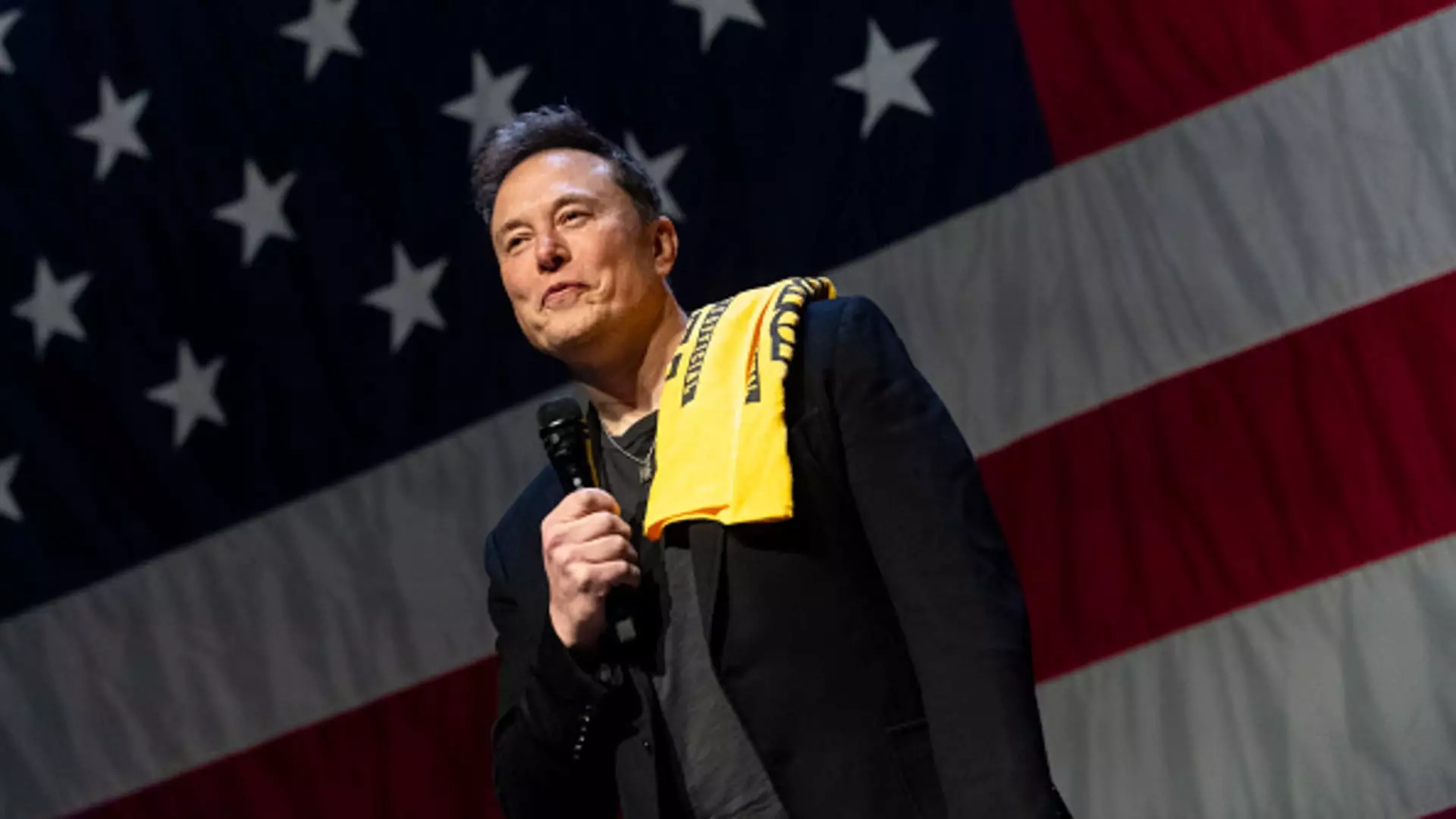The ongoing dispute between the Philadelphia District Attorney’s office and Elon Musk, along with his political action committee, has raised significant questions about the intersection of politics, law, and ethical conduct in election campaigns. The crux of the matter lies in Musk’s initiative to distribute $1 million awards to voters in critical swing states, an act that the DA argues constitutes an illegal lottery and poses a threat to the integrity of the electoral process. This lawsuit not only aims to halt the monetary encouragement of political engagement through financial incentives but also highlights the broader implications such actions may have on voter behavior and election outcomes.
Filed by DA Larry Krasner, the lawsuit has transitioned from a state-level controversy to a federal courtroom, illustrating the complexities of jurisdiction and legal interpretation in such cases. Krasner’s attorney, John Summers, has indicated a desire to revert the case back to state court, asserting that the legal claims primarily derive from state law violations related to public nuisance and consumer protection. Summers emphasized the immediate need for a state-level resolution, given the potential implications of a federal ruling on state governance.
However, Musk’s legal team contends that since America PAC operates as a federal entity, state laws should not apply to its operations. This argument positions the case within a larger dialogue about the boundaries of federal authority vs. state legislative control, particularly in the context of federal elections. The paradox creates a unique legal quandary, allowing for a battleground where precedent may be established about the powers of political action committees.
At the heart of the DA’s claim is the assertion that Musk’s monetary offerings could unduly influence voter sentiment during a critical election period. The lawsuit suggests that the nature of the giveaway is inherently manipulative, as it requires participants to divulge personal information and align their political aspirations with Musk’s goals in the upcoming election between Kamala Harris and Donald Trump. This creates a scenario where monetary prizes could overshadow genuine voter engagement, eroding the democratic principle of free and fair elections.
Moreover, the U.S. Department of Justice had previously cautioned America PAC about the potential legal ramifications of their giveaway initiative, highlighting concerns about its compatibility with federal election law. Yet, many observers are left wondering why no decisive action has been undertaken at the federal level to halt what could potentially undermine the electoral process.
The fallout from this lawsuit could shape not only the future of America PAC’s operations but could also have lasting implications for Musk’s public persona and influence within the political realm. With Musk’s unabashed backing of former President Trump, the stakes are heightened as various stakeholders, including voters and political opponents, scrutinize the implications of blending financial incentives with electoral engagement.
Adding further complexity to the case is the troubling rise of antisemitic rhetoric surrounding the district attorney, portraying a disconcerting trend in how political discourse can devolve into personal attacks. The allegations made in the lawsuit about threats directed towards Krasner by Musk’s social media followers serve as a stark reminder of the vulnerabilities public figures face in politically charged environments.
As this legal battle plays out, the broader implications for ethical governance and political engagement emerge. The situation underscores the necessity for clear regulations that govern the conduct of political action committees, particularly regarding financial incentives tied to voter participation. Furthermore, it invites a reevaluation of how political influence is exercised in the digital age, where social media can amplify voices—both supportive and adversarial—creating an unpredictable landscape for political operations.
The ongoing proceedings in Pennsylvania will likely set a precedent that other jurisdictions may look to as they confront similar challenges in the future. With the potential for a hearing outcome that could redefine the parameters of lawful political activity, this case serves as a reminder of the fragility of democratic processes and the critical need for integrity in electoral participation. As both federal and state courts grapple with this pivotal issue, the attention of legal observers and political stakeholders alike remains firmly fixed on the evolving drama.

Leave a Reply